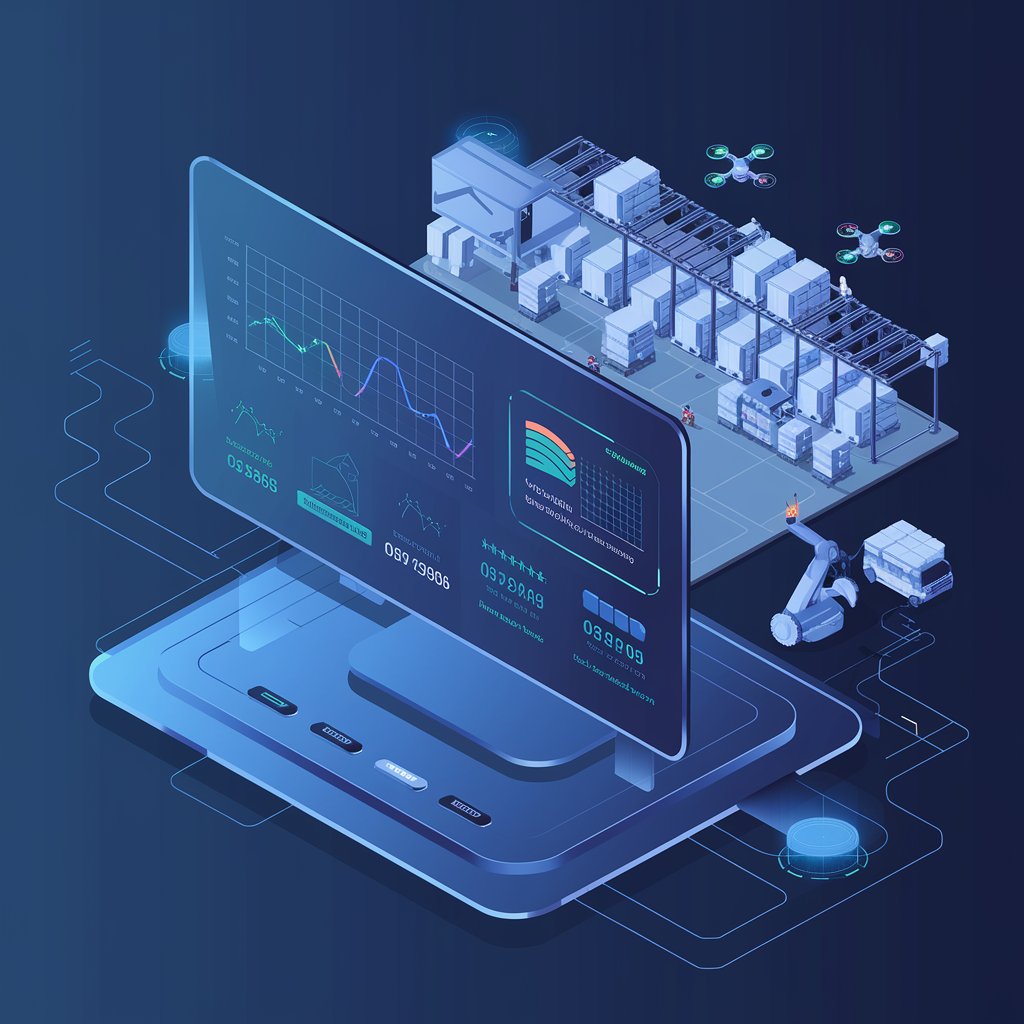Optimizing Operations with Mobile Logistics Apps: A Comprehensive Guide

What are Mobile Logistics Apps?
Mobile logistics apps are smartphone or tablet applications designed to facilitate various aspects of logistics and supply chain management on the go. Key features and functionalities include:
- Real-time shipment tracking
- Inventory management
- Route optimization
- Proof of delivery capture
- Warehouse management
- Driver management and communication
- Order processing
- Analytics and reporting
- Document scanning and management
- Customer communication
By providing these capabilities in a mobile format, these apps enable logistics professionals to manage operations efficiently from anywhere, at any time.

Benefits of Implementing Mobile Logistics Apps
- Enhanced Visibility: Gain real-time insights into logistics operations from anywhere.
- Improved Efficiency: Streamline processes and reduce manual data entry.
- Increased Productivity: Enable field workers to complete tasks faster and more accurately.
- Better Customer Service: Provide customers with real-time updates and faster response times.
- Reduced Paperwork: Digitize documentation processes for faster, more accurate record-keeping.
- Improved Communication: Facilitate better coordination between office staff, drivers, and customers.
- Data-Driven Decision Making: Access critical data and analytics on the go for informed decision-making.
Key Features to Look for in Mobile Logistics Apps
When evaluating mobile logistics apps, consider the following essential features:
- Real-Time Tracking: GPS-enabled tracking of shipments, vehicles, and assets.
- Inventory Management: Tools for checking stock levels, processing orders, and managing warehouses.
- Route Optimization: Intelligent routing capabilities to improve delivery efficiency.
- Electronic Proof of Delivery: Digital signature capture and photo documentation features.
- Barcode and QR Code Scanning: Built-in scanning capabilities for easy data capture.
- Offline Functionality: Ability to work without constant internet connectivity.
- Push Notifications: Real-time alerts for important updates or required actions.
- Integration Capabilities: Seamless connection with existing logistics management systems.
- Analytics Dashboard: Mobile access to key performance indicators and reports.
- User-Friendly Interface: Intuitive design for easy adoption by all staff members.

Implementing Mobile Logistics Apps: Best Practices
- Define Clear Objectives: Establish specific goals for your mobile app implementation, aligning them with overall business objectives.
- Choose the Right Platform: Select apps that are compatible with your existing devices and operating systems.
- Ensure Security: Implement strong security measures to protect sensitive data accessed through mobile devices.
- Provide Comprehensive Training: Invest in thorough training for all staff to ensure effective app utilization.
- Start with a Pilot: Test the app with a small group before rolling out company-wide.
- Gather User Feedback: Regularly collect and act on feedback from app users to improve functionality.
- Plan for Updates: Ensure you have a strategy for managing app updates and new feature rollouts.
- Consider Customization: Look for apps that can be tailored to your specific business processes.
- Integrate with Existing Systems: Ensure the app can seamlessly connect with your current logistics software.
- Monitor Performance: Regularly assess the impact of the mobile app on your logistics operations.
Emerging Trends in Mobile Logistics Apps
As mobile technology evolves, new trends are shaping the future of logistics apps:
- Augmented Reality (AR) for improved warehouse navigation and order picking
- Voice-activated commands for hands-free operation
- Artificial Intelligence for predictive analytics and decision support
- Internet of Things (IoT) integration for enhanced asset tracking
- Blockchain integration for secure and transparent documentation
- 5G connectivity for faster data transmission and real-time processing
Staying informed about these trends can help you choose forward-thinking solutions that will serve your business well into the future.

Conclusion
Implementing mobile logistics apps can transform your supply chain operations, leading to increased efficiency, improved visibility, and enhanced customer satisfaction. By carefully considering your business needs and following best practices for selection and implementation, you can harness the full power of mobile technology to drive your logistics operations forward in today’s fast-paced business environment.
For businesses looking to revolutionize their logistics with mobile technology, Linbis logistics software offers cutting-edge mobile app solutions. With its user-friendly interface, comprehensive feature set, and seamless integration capabilities, Linbis empowers businesses of all sizes to manage their logistics operations efficiently from anywhere. From real-time tracking to inventory management and route optimization, experience the power of mobile logistics at your fingertips with Linbis.
